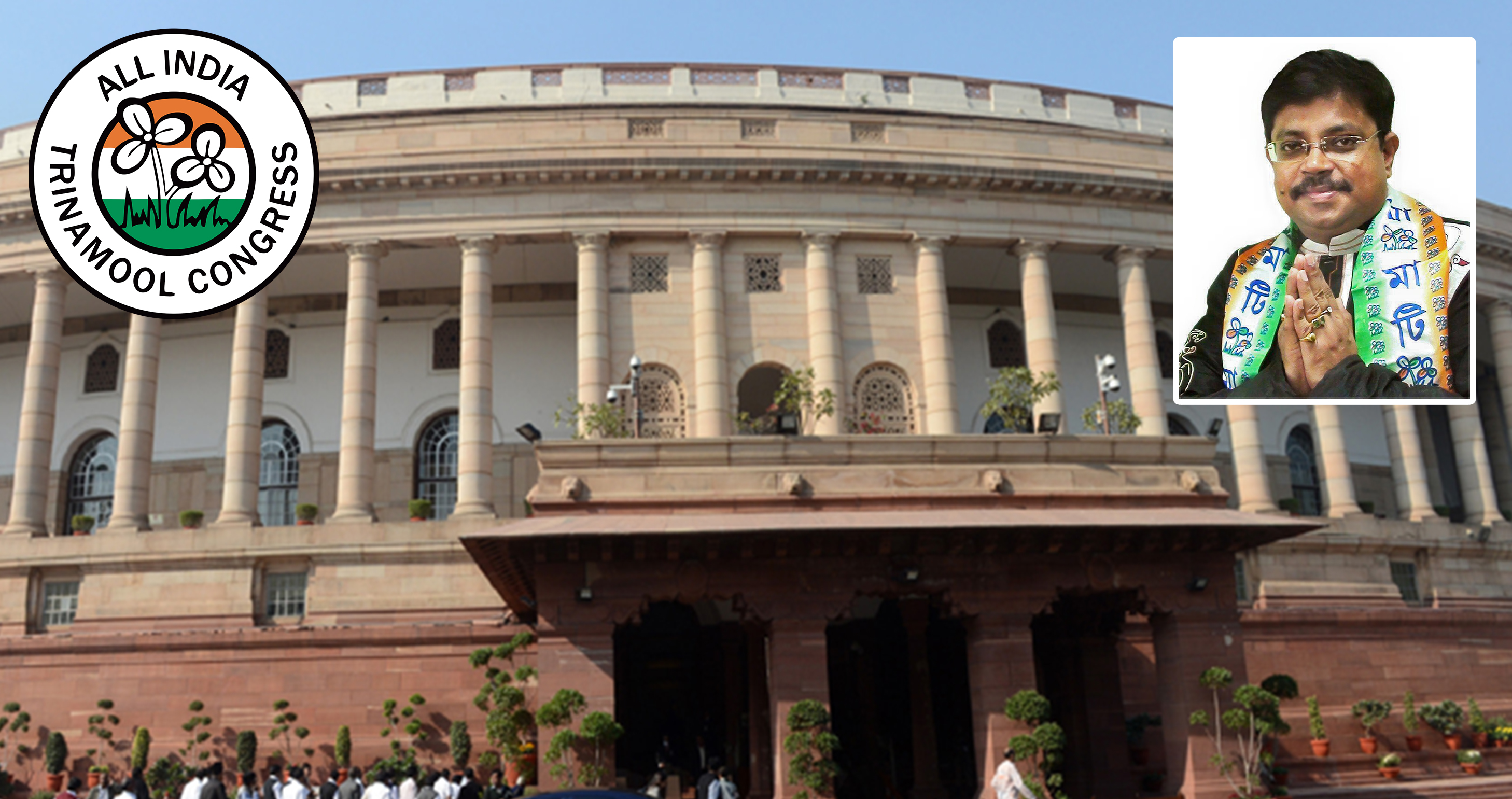July 19, 2019
Abir Ranjan Biswas speaks on the need for dredging the Ganga at Farakka

FULL TRANSCRIPT
Sir, I rise to speak on the need for extensive dredging of the river Hooghly, which is also commonly known as Ganga, to save lakhs of hectares of homestead and through that, the lives and livelihoods dependent on them, in West Bengal.
In recent years, the river is being used for transporting cargo, primarily coal, on large ships to the power plants located upstream. In West Bengal, it is jeopardising the lives of people in eight districts, people who are settled on both the banks of the river. In Murshidabad, were we have the Farakka Thermal Power Plant, massive water-rolling takes place which in turn generates huge waves that strike the banks, ravaging them and causing widespread erosion. The effect is so stupendous that not only the muddy banks but also the reinforced cement concrete (RCC) structures and jute-filled bags and boulders covered by metal nets fail to withstand the effect of the bulldozing waves. The life-giving Ganges is transformed into a dreaded monster, devouring the banks and playing havoc with the lives and properties of the people settled along the banks, people who number in the millions.
The loss of villages and habitations, and the loss of livelihoods of millions of people settled on the banks, due to the loss of lakhs of hectares homesteads is quite unfortunate, causing incalculable misery and suffering.
At this point I would like to say that though West Bengal is a debt-stressed State, having inherited a big debt from the previous regime, though the State has received no assistance or bailout from the Central Government, the State Government is spending hundreds and hundreds of crores to save the lives and livelihoods of these people. Hence now the Central Government should step in.
The Government in its recent Budget proposal expressed its intent to step up riverine transportation by four times, cost effective as it is. Now, the benefit of cost-effectiveness cannot be negated on the one hand and on the other hand, the losses and suffering of millions of people cannot be overlooked either. Therefore the most acceptable solution for reaping the benefits of cost reduction as well as for wiping out the suffering of millions of people is to extensively dredge the said river. This will pave the way for transportation through waterways without adversely affecting the people.
